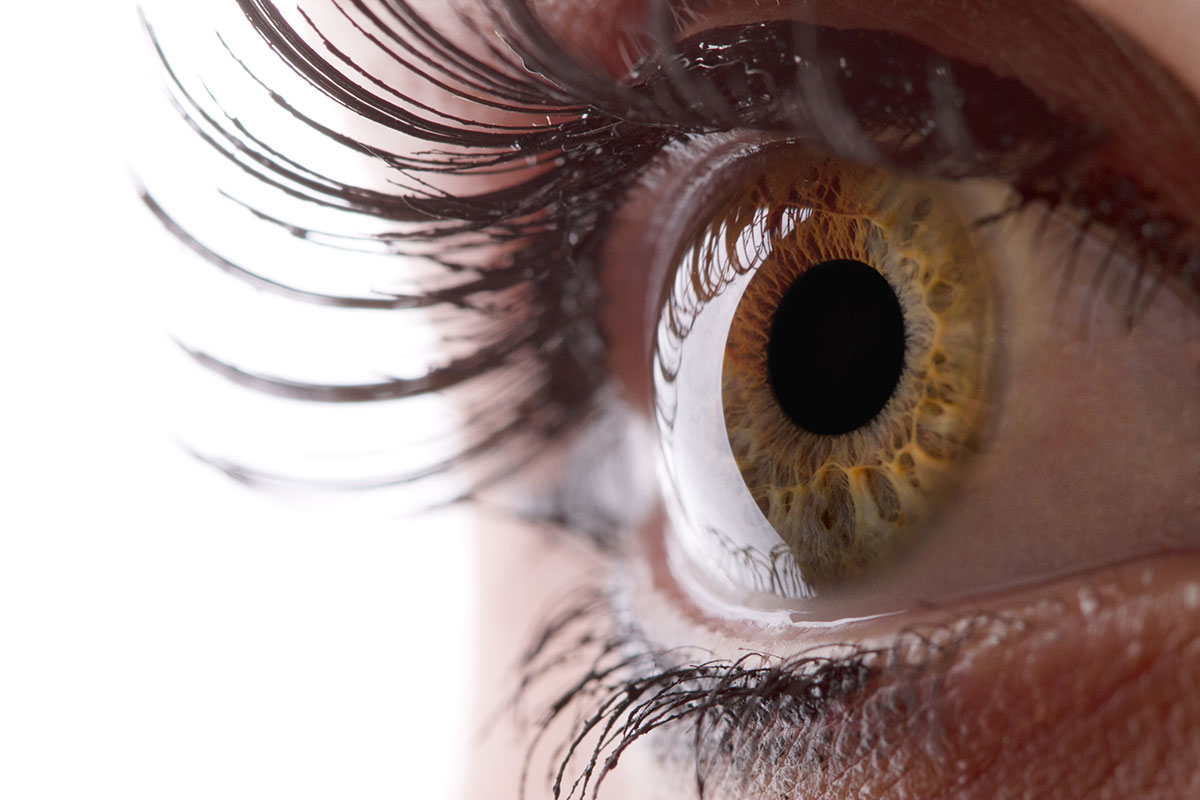
07 Aug Monocular Vision: The Proactive Approach To Rehabilitation
If you or a loved one recently lost vision in one eye, you may assume that your sighted eye will automatically compensate and it will be life as usual. Unfortunately, a transitional period does exist in which you will need to work toward feeling more comfortable and capable of managing all daily activities while relying solely on your monocular vision. Simply put, it is quite an adjustment. It may take six to nine months to adjust, according to Diane Whitaker, OD, chief of the Duke Eye Center’s vision rehabilitation service.
Dr. Whitaker developed a protocol to jumpstart adults who have lost vision in just one eye (monocular vision loss), no matter how the vision loss came about. Dr. Whitaker explains that many eye doctors have underestimated the process of re-learning and developing new behavior to compensate for this loss. There are exercises that can build up and make you more aware of your senses, which have a cumulative effect in your performance of daily activities, like tracking an object and driving your vehicle.
Visual Training Activities:
- Reaching for and grasping objects
- Orientation and mobility exercises to learn how to modify behavior to be more cautious when walking
- Taking part in a rehabilitation program to become safer drivers using training and or adaptive equipment
Tackling such a comprehensive program will speed up recovery and improve confidence, according to Dr. Whitaker.
There are local programs that focus on this type of rehabilitation, so be sure to inquire through your ophthalmologist or optometrist. Putting in the time will be a great benefit to your independence and lessen any anxiety associated with your monocular vision loss.
Contact us at 732-774-5566 for more information.
Source:
“Learning To Live With One Eye,” Duke Health Blog





Sorry, the comment form is closed at this time.